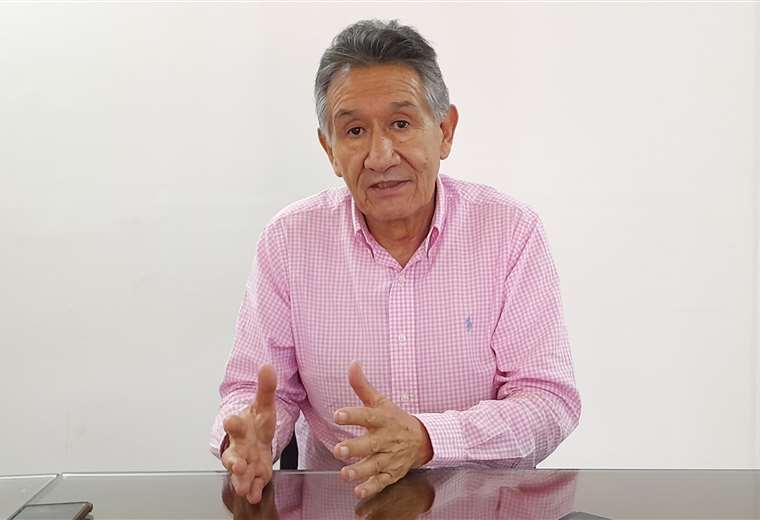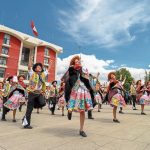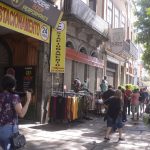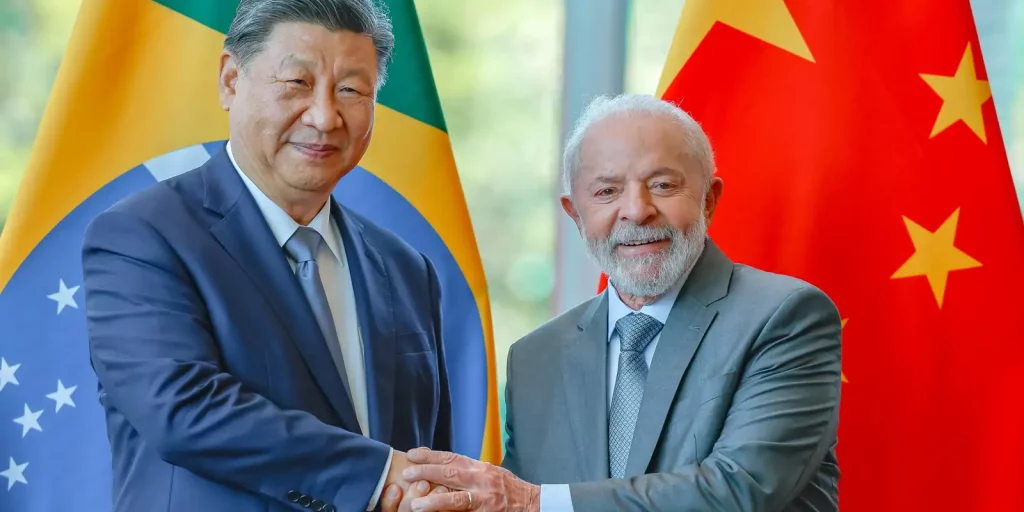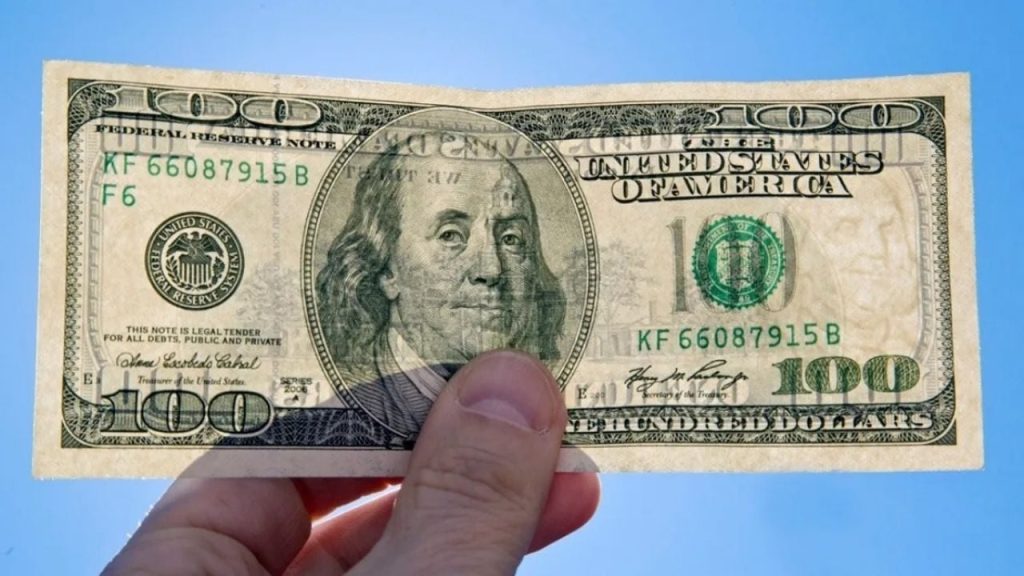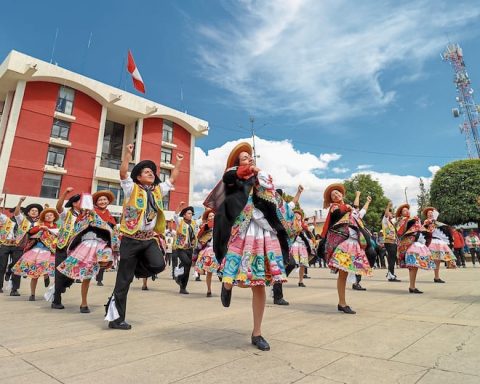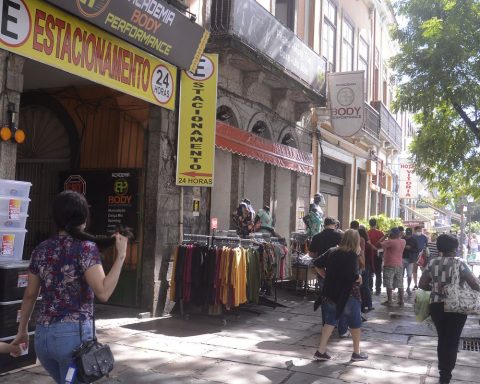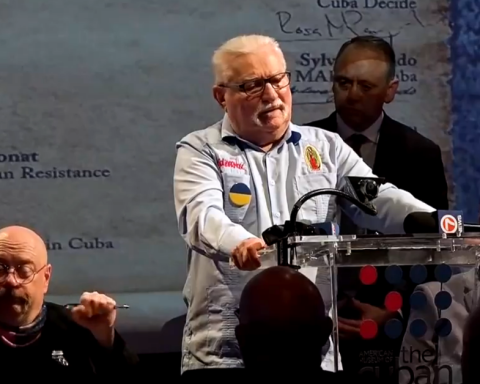November 20, 2024, 12:44 PM
November 20, 2024, 12:44 PM
Cochabamba was the department most affected by the blockades that, for 23 days, kept that department without supplies, food or fuel. The vice president and spokesperson of the Agricultural Chamber of that region (CAC) says that it will take eight months to repair the damage which reached $us 30 million.
– How has the Cochabamba productive sector been affected by the blockades?
Those 23 days have generated for us, only in the agricultural sector in Cochabamba, a loss of more than 30 million dollars and that amount would have to be divided between 400,000 families We work in agriculture. Suddenly, it has been a waste of all the heritage accumulated production during the last five years.
We have reached the point that, in the city of Cochabamba, we have had a food crisismarkets totally unsupplied red meat, white meat; There were no vegetables, much less fruit. Worse still, we have found that 22,000 banana producing families of the five municipalities, in a sign of peaceful protest, have had to give away their product.
This, of course, It has generated unease, sadness and frustration, throughout the entire Cochabambino agricultural production system, without considering, for example, that The flower sector works six months before Todos Santos, removing an average of 200 tons per day for this time.
True, we have made representations to the Government and we have achieved a couple of days of airlifts and we have moved barely 30 tons per day, but 170 tons have gone directly to the trash being a highly perishable product. Therefore, it has been an irreparable loss in economic terms.
– Apart from the financial losses, what worries you the most?
The social impact of these measures. We are only recently accounting for the closure of productive units, but this has generated unemployment, which is, undoubtedly, an “inducer” towards crime. In the livestock sector the crisis is much more complicated because we cWe buy more than 70% of the inputs, from recharging the farms with baby chicks, soybeans, corn, sorghum and other products, which we have not been able to have on hand today.
It has been a very hard issue for Cochabamba, which has already received its first bill, which is the very high prices. We have come to pay more than 25 bolivianos per kilo for the little that was left of chicken.
Beef, more or less 60 bolivianos per kilounderstanding that Cochabamba slaughters 400 head per dayof which 320 come from the East.
– How much longer are these consequences going to last and what other effects are coming?
We have done a post-blockade evaluation on the Board of Directors (of the CAC). This evaluation has made us define that We need at least six to eight months to get back to normal, If there is, in this country, that guarantee given to us by the Magna Carta, article 21 of the Constitution, which commands and obliges the administrators of the State to allow us free transit.
We are not being able to face, yet, the summer planting which begins in mid-October and ends in early November. We have not been able to do it due to three fundamental factors: violence on the roads, lack of free traffic, high costs of inputs and fuel. For a long time we have not had the freedom to being able to have, for example, diesel.
In the Tropic of Cochabamba we have paid between 13 and 15 bolivianos per liter of gasoline, of the little that was on the black market. We urgently need gasoline to oxygenate the more than 5,000 production pools of fish in the Tropics.
It is a very complex topic that brings back memories. Historically speaking, we see how suddenly this cancer in the economy, which are the blockades, Last year, between Cochabamba and Santa Cruz, we had more than 180 days of blockades, That means 50% of the productive year.
The sector is, at this moment, in a coma. If, at this juncture, we cannot immediately have diesel and gasoline so that we can continue our activities, we could have a collapse.
– What urgent measures does Cochabamba agriculture ask for?
First, we need to ask the Government, and we are going to do it in the next few hours through the National Agricultural Confederation, a tax break. Despite the crisis in Cochabamba, we continue to have tax pressure from National Taxes.
Second, we need ASFI regulations to reschedule debts, not in 90 or 120 days, we need medium-term rescheduling, minimum one yearto be able to move forward.
And third, we need a capital of economic recovery. We don’t think there is any other way. The banana sector, which has generated more than 600 million dollarsis hit hard today.
The banana sector moves approximately, per year, 170,000 tons of export products and another 150,000 for the national market. Of the 170,000 exported, the 92% leave for Argentina. In this crisis of not exporting, Argentina has replaced our offer with Colombian, Paraguayan and Ecuadorian products.
I hope they don’t want to take us out of the market. We are trusting that the Bolivian community living in Argentina, particularly in Greater Buenos Aires, will continue to demand our products. We are 22,000 families in an almost total crisis, without considering that there we have pineapple and palm heart, 5,000 families that cut 25,000 stems daily that they cannot sell to the seven industries, five private and two state-owned.
– Next year is purely electoral. How can more blockades be avoided?
I think the government has to reach a big political agreement with his own people. That is fundamental. However, we see, even, in quotes, an opposition that today supports the radical political sectors, I am referring to the Upper House. I don’t think it only depends on President Arce and his entourage. It will depend on what all assembly members are part of the solution; They must get rid of their own political-partisan ambitions and think about the constitutional mandate.
PROFILE
Rolando Morales has a degree in Business Administration, a banana producer in the Cochabamba Tropics and a horticulturist in the Lower Valley. He has held positions in the Senasag and was general secretary of the Municipal Government of Cochabamba. He has been linked to the CAC for 15 years and has accompanied the current president, Agustín Conde, in his management for two years.
